Hot Portuguese dishes for cold days
These are Portuguese dishes that bring tradition, flavor and (many) calories to the table, and help you to heat up in the winter. Warm up your body and soul with the gastronomic suggestions from All About Portugal.
Temperatures drop, the days get shorter, but… the appetite increases! Full of flavor, tradition and calories, Portuguese dishes are an excellent weapon to face the coldest days. If you're one of those people who, at the first signs of rain, immediately start dreaming about the delicious delicacies that came out of the hands of their mother, grandmother or aunt, All About Portugal has six suggestions for you. Discover these Portuguese dishes that are a true comfort-food, in quality and quantity, as tradition dictates. Because, as the popular saying indicates: “if you aren't fit to eat, you aren't fit to work either”.
Portuguese Stew
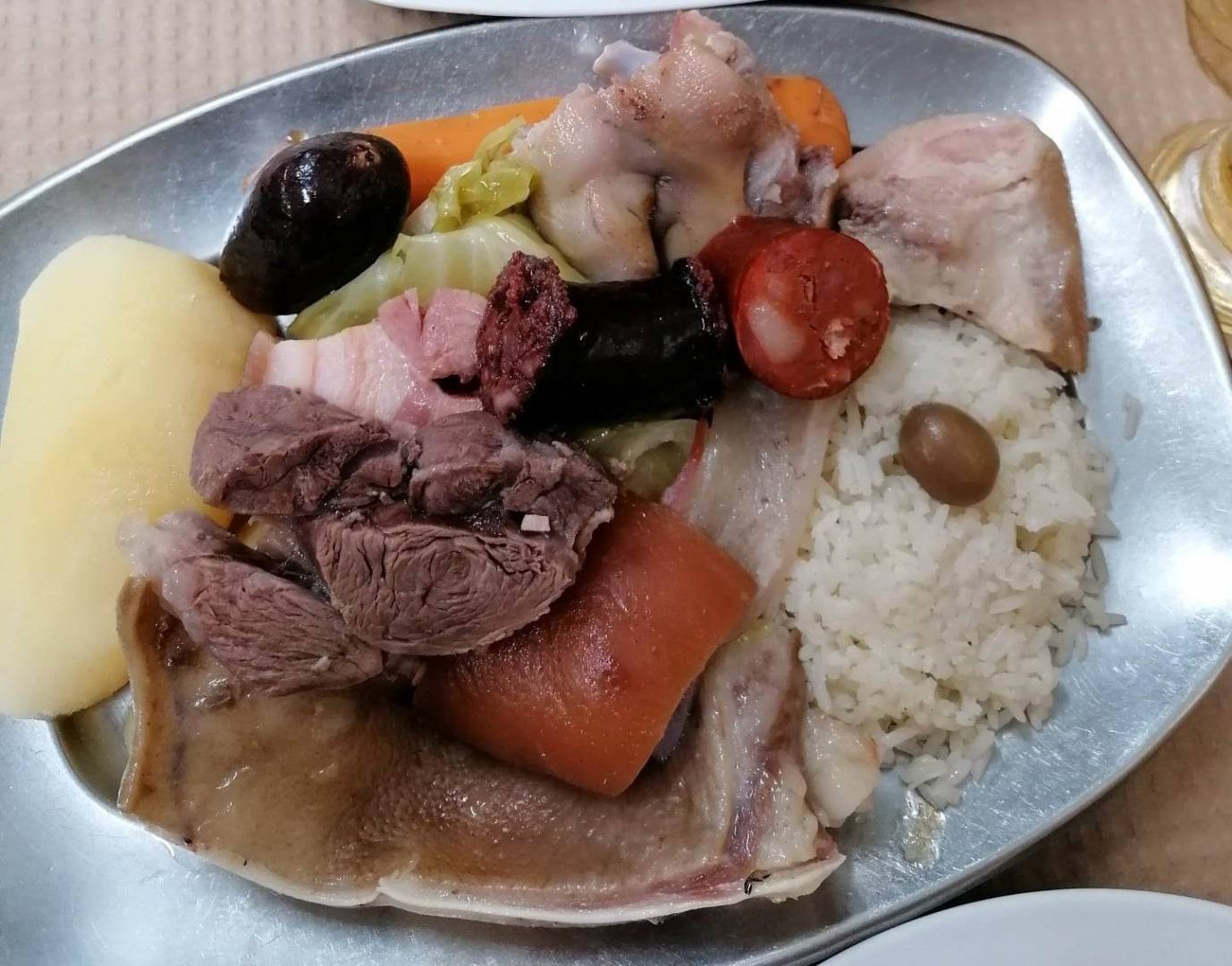
It is one of the most popular Portuguese dishes and is served on a large platter, where there are a lot of vegetables, potatoes, meat and sausages, cooked in an appetizing way. On the side, a platter of rice, because in winter there are never too many carbohydrates. The origin of the dish is uncertain – some say it is Spanish –, what we know for sure is that it is eaten in all regions of Portugal (each with its own particularities) and that it is capable of satisfying the most voracious appetites.
Feijoada à Transmontana
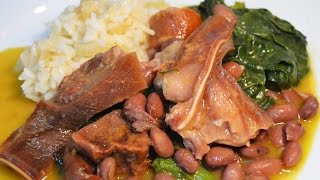
Another equally comforting Portuguese dish comes from Trás-os-Montes, a region with a delicious and hearty cuisine where there is never a lack of a good piece of meat and many sausages. Its ex-libris is Feijoada à Transmontana, which is eaten on Sunday just before Carnival and prepares stomachs for Lent abstinence. Red beans, a mixture of pork meat and various vegetables make up this delicacy, of medieval origin, which served as inspiration for several Portuguese "feijoada" (beans) dishes and even – they say – inspired the famous Brazilian feijoada.
Tripas à Moda do Porto
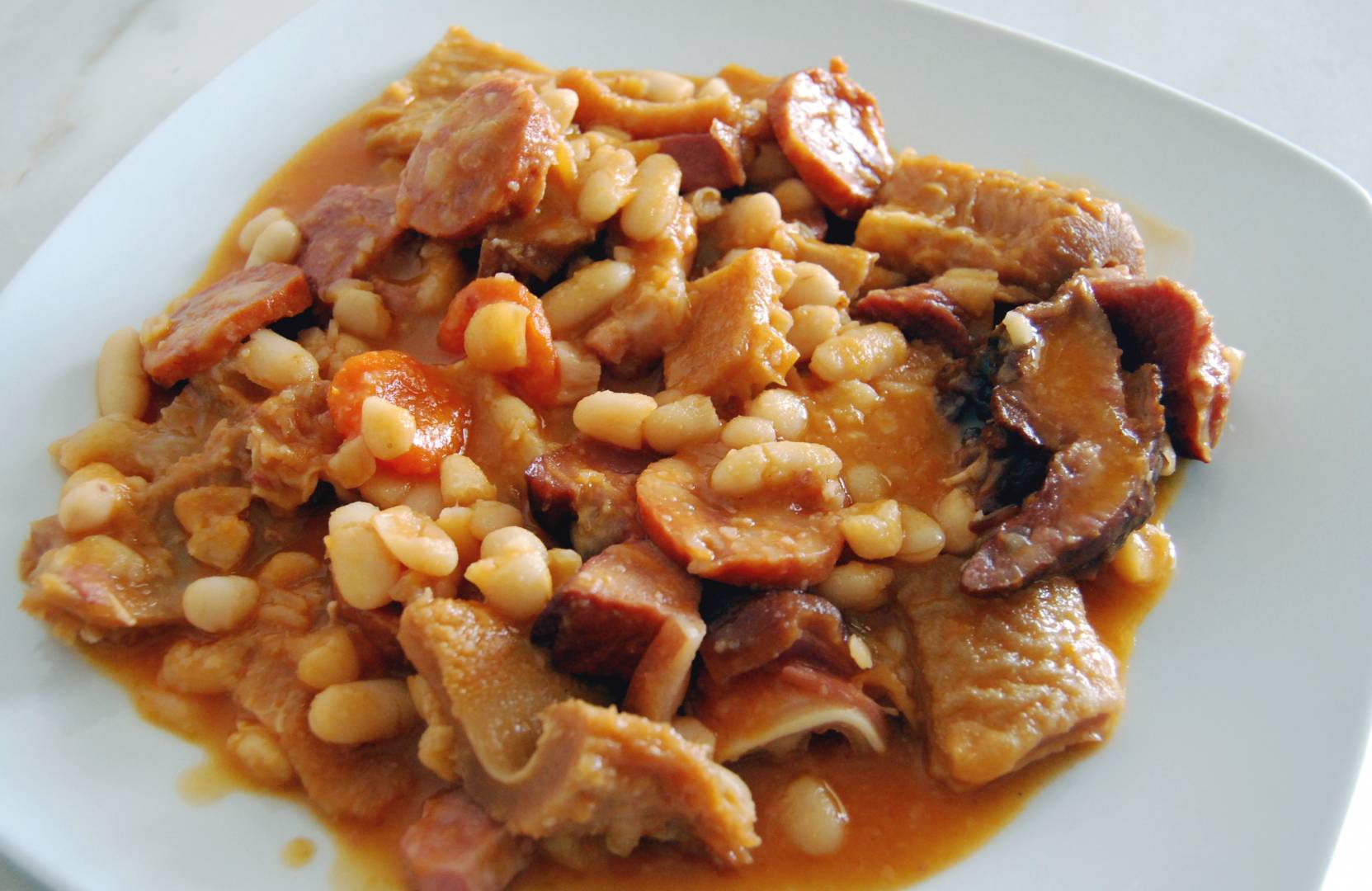
It is because of this delicacy of Porto gastronomy that the city's inhabitants are known as "tripeiros". Legend has it that the dish appeared during the Portuguese Discoveries, when it was necessary to load the boats with supplies. The good meat was put into the caravels, the guts, offal and viscera were left on land. As “necessity is the mother of invention”, this dish that fed the city's inhabitants during the conquest of Ceuta, was created. A symbol of Porto's sacrifice for the country and a delicious and warm “monument” of Invicta.
If you are looking for discounts, you can find Lidl's campaigns by searching on this site.
Bacalhau à Brás
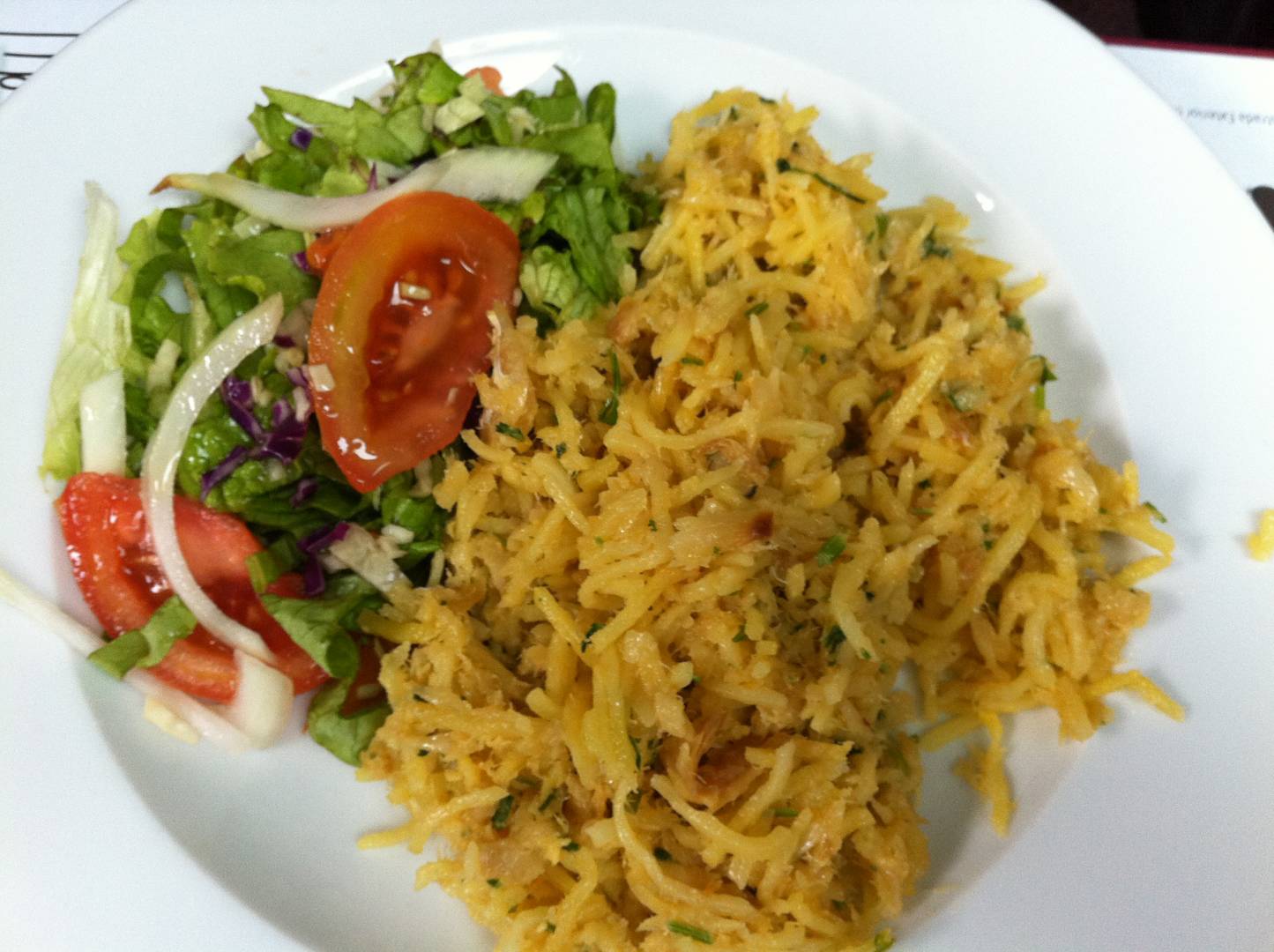
It is impossible to talk about Portuguese dishes without mentioning codfish, a Nordic fish that is the king of Portuguese cuisine. One of the reasons for its success was due to its easy conservation – again during the Discoveries – and today, in Portugal, there are 1000 ways to cook it. One of the most popular recipes, and most consensual even among those who don't like this fish, is Bacalhau à Brás, a kind of Portuguese fish and chips, which, in addition to cod and fries, has egg and, in many recipes, fresh chopped parsley!
Alheiras de Mirandela
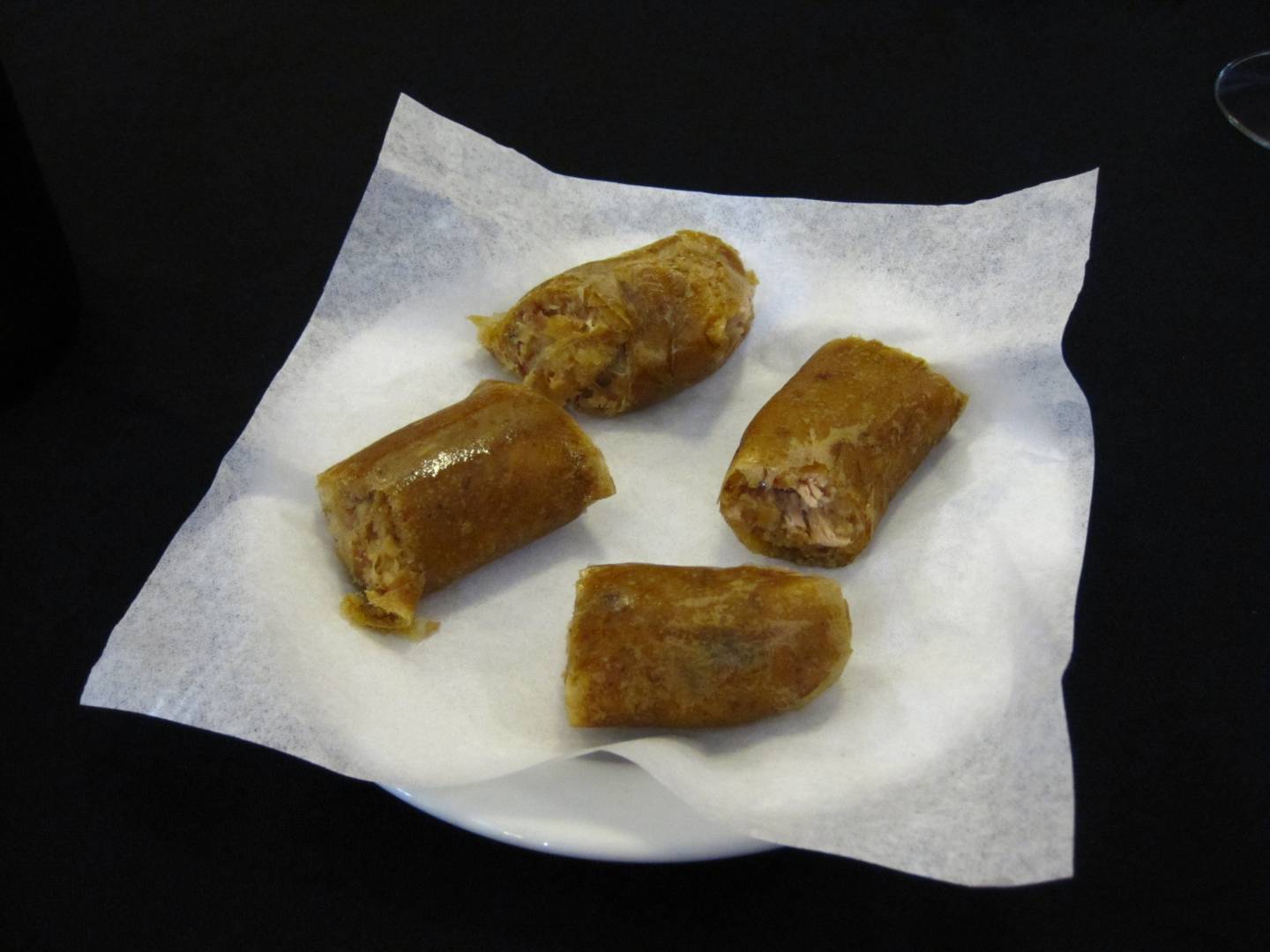
In a country where pork sausages play a leading role, "alheira" stands out for its popularity – it is part of the menu of almost all restaurants –, versatility – today there are different types: meat, vegetarian and even fish – and history – since it helped to save the Jews in the late 15th century during the Inquisition. The original recipes called for many pieces of bread – a form found by the Jews to give consistency to the sausage and replace pork –, beef, chicken, rabbit, turkey or duck. Today it is considered one of the seven gastronomic wonders of Portugal and it comforts any stomach, whether it's cold or sunny.
Chanfana
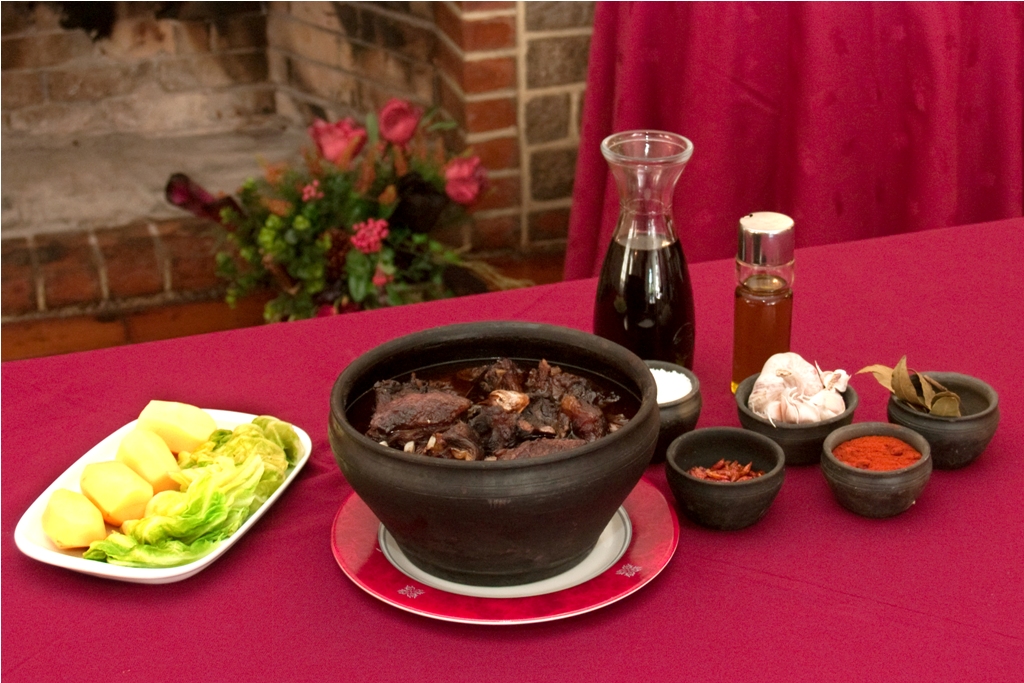
This delicacy from Portuguese gastronomy is traditionally made with old goat meat, inside black clay pots, dipped in garlic wine, roasted in wood ovens. Today it is a delicious dish, mandatory at festivities, but according to some versions, and even some literary references – from Miguel Cervantes to Miguel Torga –, the dish appears among the poorest, since the meat was too tough and with too intense flavor. The fault (also) may have been of the French, during the Napoleonic Invasions, who in a thirst for revenge (with the great defeat in Buçaco) robbed food of the population – animals included – leaving behind the old goats. Since all is fair in love and war, the Portuguese made Chanfana to survive!
Recommended

